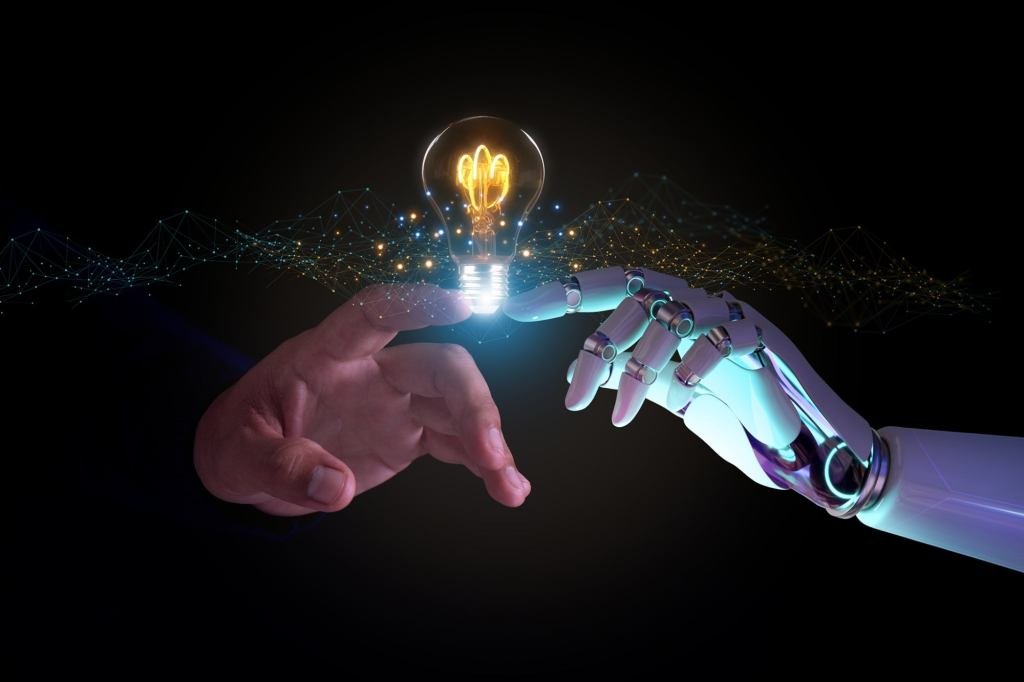The opinions of the entrepreneur are expressed.
Key Takeaways
- AI enhances productivity by automating recurring tasks, but the human decision is important for context, creativity and management.
- To unlock the full potential of the EU, leaders must balance automation with human control and emotional intelligence.
The AI changes how business leaders are established and managed by business leaders. To make a high-level decision, the automation of repetitive tasks managed by entry-level employees is once a high-level decision to decide, expands the EU speed and a large-scale. Even the most talented and effective workers do not match the raw product.
But let’s be clear: AI does not seize the world or replaces every job. Despite the speed, AI is far from innocent. There are still hallucinated levels, logical errors, and there is often no need for emotional intelligence in the leadership, cooperation and decision. The human decision remains important – especially when the relationship, context and nuance occurred.
Companies should see the AI as a power notice, not as a substitute for people to integrate automation. Long-term success will depend on balancing the advantages of AI’s useless human signs – context, empathy, ethics – these machines cannot repeat.
Here are four practical recommendations to help you to trust the AI and to trust the human touch:
1. Know what EU can do (and cannot)
A simple rule, if a task is expensive, repeated and repeated, if it is a good candidate for automation.
Pick up coding. The engineer’s time is expensive. Back development is often repeated and followed by predictable patterns. And it can be repeated among projects. Therefore, the information is superior to the assignments as the data provided, the database and connecting information formats.
The same is also applied in customer service. Agents often spend hours to answer the same basic questions. AI ChatBots, it can handle the usual interactions, people can release people to solve as complex problems as possible. Automation does not eliminate the human role – it raises.
Related: Can AI come with better ideas than people? Type, science says.
2. Know when to be lean and when will we take step back
AI can significantly strengthen productivity. For example, a top engineer can write 5000 code code before. With AI, this number can reach 30,000. But without accuracy, speed is risky. The most effective developers are now moving as editors – Create smaller code pieces of AI, then request to review and process them to ensure accuracy.
The same thing applies to job assignments. Asking ChatGpt, you can be tempting to prepare a full slide deck or report – but do not leave blank without control. It still tends to actual errors, misleading comments and awkward expressions. A better approach: break up the task, direct AI with detailed instructions and treat the exit. The result? Turning faster and Higher quality.
3. Use the lead with a human-centered approach – as a joint of AI
We recently had a hackathon aimed at building new features for the financial product using AI. Using the LLMS, the prototypes were given 24 hours a day to 30 hours using the prototypes and rank transactions.
The results were extraordinary. Coding faster than before, each team demonstrated a fully functional feature – many would take a month to build without AI. Asked for everything we built the client.
The real victory was not the only speed of AI. Smart tools were a little healthy competition that produces a combination of cross-functional teamwork and the difference. AI did not replace human efforts – it strengthened.
Related: Stop trying to work AI – pay attention to these soft skills that make you irreplaceable
4. AI changes the game – but you still need people to play
AI is here to stay here – and the effect of productivity is undeniable. But this is not the whole story.
The most successful leaders will not only be automated – they will rise. They will use AI to focus on repetitive tasks to focus on the most important ones of their teams: Strategy, creativity, confidence and human relationship.
As AI continues to grow, the bar will increase for innovation. But this will be the cost of the people behind technology. Do not invest only on AI. Invest in your people’s ability to work with her.
Key Takeaways
- AI enhances productivity by automating recurring tasks, but the human decision is important for context, creativity and management.
- To unlock the full potential of the EU, leaders must balance automation with human control and emotional intelligence.
The AI changes how business leaders are established and managed by business leaders. To make a high-level decision, the automation of repetitive tasks managed by entry-level employees is once a high-level decision to decide, expands the EU speed and a large-scale. Even the most talented and effective workers do not match the raw product.
But let’s be clear: AI does not seize the world or replaces every job. Despite the speed, AI is far from innocent. There are still hallucinated levels, logical errors, and there is often no need for emotional intelligence in the leadership, cooperation and decision. The human decision remains important – especially when the relationship, context and nuance occurred.
Companies should see the AI as a power notice, not as a substitute for people to integrate automation. Long-term success will depend on balancing the advantages of AI’s useless human signs – context, empathy, ethics – these machines cannot repeat.
The rest of this item is locked.
Join the entrepreneur+ today for login.
